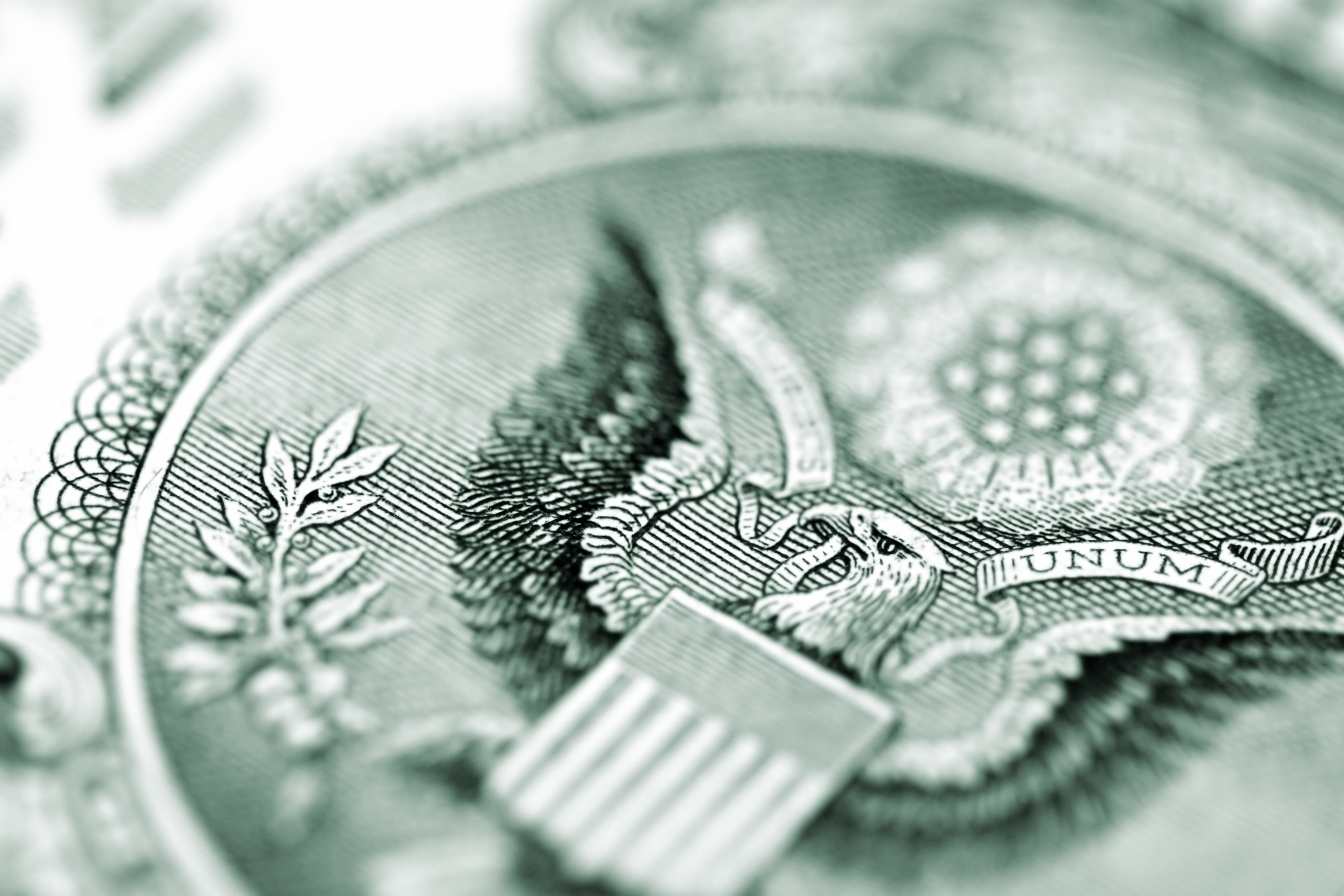It is hard on the surface to consider that a U.S. budget deficit of some $438.9 billion for the U.S. government’s fiscal year 2016 is good news. That being said, the Treasury showed that it was a drop of 9% from the prior year and is the lowest budget deficit of the current administration. It is also the lowest level since 2007.
What stands out here, outside of the total deficit accumulation of the last decade (and decades), is that the deficit as a percentage of gross domestic product (GDP) was below the recent averages at only about 2.5% of GDP for 2015 — down from 2.8% in 2014.
Economic growth has helped to boost the revenues of the government, and that was a higher growth rate than the growth in total federal spending. Revenue (total taxes received) was up 8%, versus a 5% gain for spending. Another boost was a last-minute surplus of $91 billion in the month of September.
Individual tax receipts rose 10.5% to $1.54 trillion for fiscal year 2015, while corporate taxes rose 7.2% to $343.8 billion.
Mandatory spending was up as well. Social Security rose 4.4% to $887.8 billion, and Medicare spending rose 6.7% to $546.2 billion. Defense spending was down 2.3% at $591.4 billion.
Monthly reports are very diverse, with huge swings in surpluses and deficits. There are really about three big months for tax receipts from individuals and the rest are full of low receipts and normal spending.
For whatever this is worth, the website USDebtClock.org showed the U.S. national debt total as being $18.4 trillion, or $154,493 per taxpayer (or $57,184 per citizen), as of October 15, shortly after the budget numbers were released. U.S. GDP was roughly $17.6 trillion in 2014 after all the revisions have been considered.
ALSO READ: America’s Richest and Poorest Cities
It’s Your Money, Your Future—Own It (sponsor)
Are you ahead, or behind on retirement? For families with more than $500,000 saved for retirement, finding a financial advisor who puts your interest first can be the difference, and today it’s easier than ever. SmartAsset’s free tool matches you with up to three fiduciary financial advisors who serve your area in minutes. Each advisor has been carefully vetted and must act in your best interests. Start your search now.
If you’ve saved and built a substantial nest egg for you and your family, don’t delay; get started right here and help your retirement dreams become a retirement reality.
Thank you for reading! Have some feedback for us?
Contact the 24/7 Wall St. editorial team.


